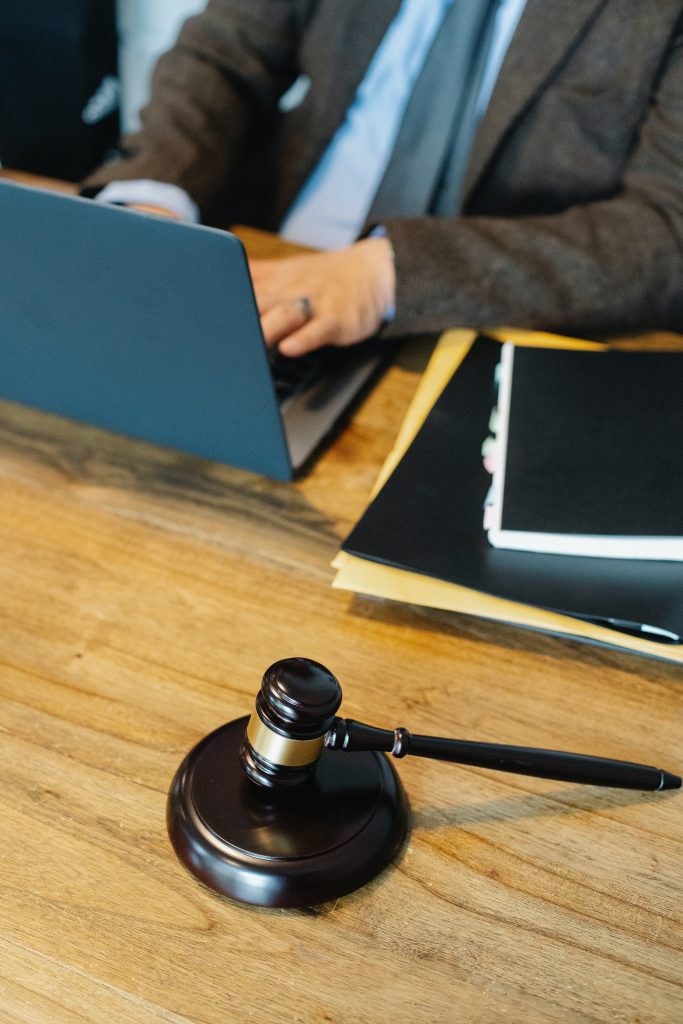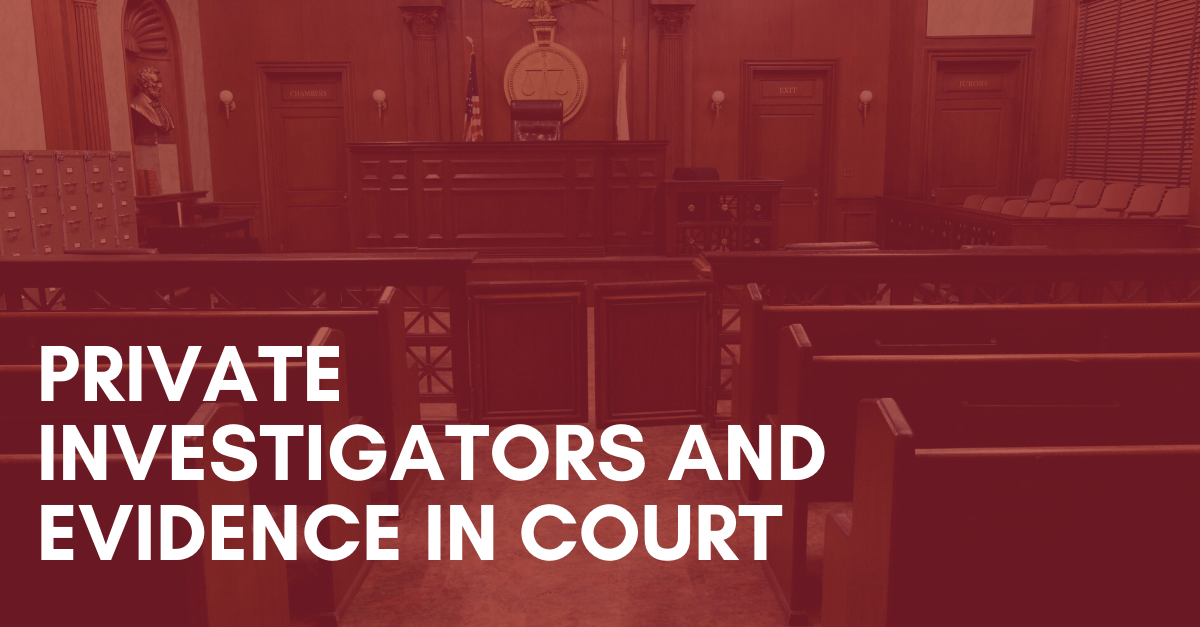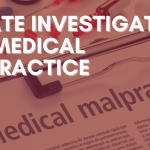Can private investigators provide evidence permissible in court? Yes, but it must be done correctly. This is one of the most important and predominant tasks that fall under private investigation. The compilation and preparation of evidence for use in court. Whatever the reason you may be hiring a private investigator for, the evidence they provide must be permissible in court. Otherwise, it holds no value and cannot affect the outcome of a case.
This is why so much of a private investigator’s work and training focuses on the preparation of evidence for court proceedings. That is, in fact, our speciality here at Advantage Investigators. We collaborate with attorneys both collecting and compiling evidence for their cases.
If done correctly, a private investigator’s contributions won’t just hold up in court but may also make the difference between winning and losing a case.

How Do I Know the Evidence is Permissible in Court?
The first thing to do would be to make sure you are hiring a professional private investigator, someone with a wealth of experience. It is also important to make sure your private investigator has a license, that is if your state or country requires them to hold one. A request to see said license should not be a problem.
Evidence gathered by a PI will be permissible in court so long as it is acquired legally. This would include, for example, overhearing a conversation or taking pictures in public places. A judge would consider that evidence legal in both those scenarios, so long as the subjects involved did not hold a reasonable expectation of privacy. That would be an exception, however.
If a PI breaks any laws during the acquisition of evidence it leaves any evidence collected ineffective. No private investigator is above the law, it is important to understand this. They are expected to act in a manner that is legal and professional.

What Evidence can a Private Investigator Collect?
Private investigators can collect a range of evidence types:
- Physical evidence includes anything that includes a real or physical object. For instance, a weapon. The medium can vary, for example, video, images or documentation.
- Testimonial evidence is spoken or written evidence gathered in court under oath. If done outside of court it is referred to as an affidavit.
- Documented evidence includes any documentation presented and inspected in court. Documents can be real, original and/or hearsay.
- Hearsay evidence and witness testimonial.
If you find yourself in need of a licensed private investigator and their particular set of skills, please feel free to call us. Or simply click on this link to get in contact with one of our team members.










